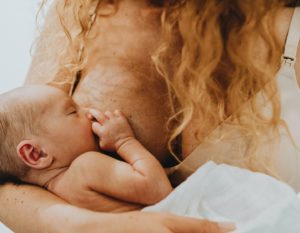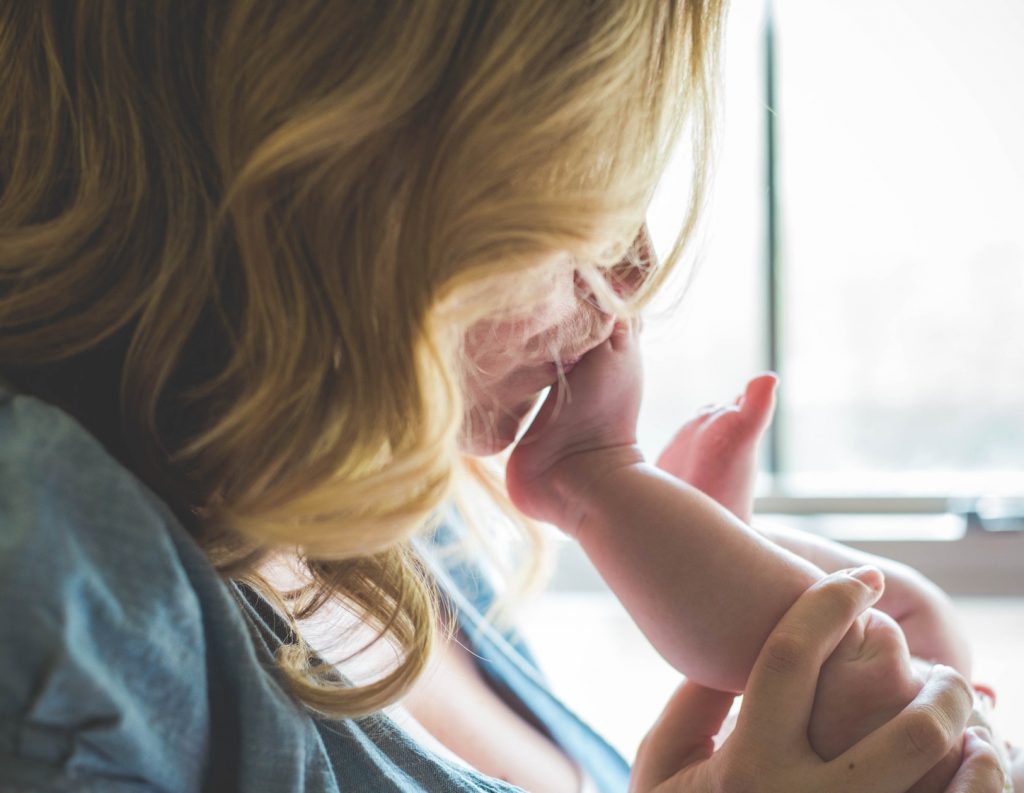
 Post Category - PostnatalPostnatal - Post Category - Health & FitnessHealth & FitnessPost Category - FeaturedFeatured
Post Category - PostnatalPostnatal - Post Category - Health & FitnessHealth & FitnessPost Category - FeaturedFeaturedAh, the return of Aunt Flo!
For some women, it’s no biggie. But for others, that first period after having a baby is like a painful deluge, leaving you to wonder if that’s your monthly destiny from here on in.
Normally, with a bit of time and TLC, our uterus shrinks back to normal size, our hormones regulate and our periods go back to normal. However, raise your hand if being a new mum is one of the most stressful experiences of your life?
And it’s the kind of stress that doesn’t really go away because it’s a 24/7 job that is made even more challenging for a million reasons – most importantly lack of sleep. When our body is under prolonged stress, it needs to pump out cortisol. To do so, our body uses progesterone, creating a situation of relative oestrogen dominance. In turn, this oestrogen dominance interferes with the release of cortisol from the adrenal cortex and it keeps cortisol from being used by our cells. The result: adrenal fatigue, which is the first step to postpartum hypothyroiditis.
In short – women can get stuck in a vicious cycle of oestrogen dominance after having a baby, which is the root cause of painful, heavy periods, cyclical migraines, PMS and a host of symptoms which are often seemingly unrelated but in fact, are not: hair loss, dry skin, fatigue, depression and anxiety.
Getting your thyroid checked by a doctor is a great first step. But supporting hormonal balancing through nutrition is key. Otherwise, you run the risk of forever medicating this problem without addressing the root cause.
Here are a few nutritional tips:
Keep taking your prenatal multi-vitamin whilst breastfeeding
Breastfeeding transfers a lot of much needed nutrients from mother to baby and if you’re not having three square meals a day full of veggies, lean protein and healthy fats, you risk becoming deficient in the nutrients required for optimal hormonal balancing, namely iron, iodine, B-vitamins and magnesium.
Ditch the coffee for lemon water
I know what you’re thinking: “You don’t understand how tired I am. I can’t give up the coffee.” Dr Michael Breus has written copiously on how coffee doesn’t help wake you up. Once you drop it, you will realise how true that is and you will have the mental clarity to focus on the foods that do support energy creation: spinach, blueberries, cherry tomatoes, lean protein and avocados.
Plus, coffee is a disaster for liver detoxification – and supporting liver function is fundamental to restoring hormonal balance, reducing menstrual discomfort and losing weight. Lemon water on the other hand, stimulates liver function and has a positive impact on the digestion and absorption of the nutrients you need to regulate your hormones and lose weight!
Eat your broccoli
Broccoli and other veggies from the cruciferous family, like cauliflower and cabbage are rich in indole-3-carbinol (I3C), a naturally occurring substance which is absorbed in the small intestine as diindolylmethate or DIM. And the beauty of DIM is that it helps the liver detox excess oestrogen from the body, thereby helping to alleviate symptoms caused by oestrogen dominance.
Get regular with psyllium hulls
Mamas, all this excess oestrogen must leave the body somehow and that’s why pooping every day is crucial. A constipated mama will have a much harder time getting her periods back to normal – never mind her figure! First thing in the morning, take a teaspoon of psyllium hulls and knock it back with a full pint of lemon water. This will wake up your liver and your bowels and help bind that pesky excess oestrogen for excretion.
It takes time to get our body back on track after having a baby. Be patient and kind to yourself. A healthy dose of self-compassion can sometimes be as important as that bowl of broccoli. But if those painful, heavy periods don’t abate, get your hormone and thyroid levels checked by your doctor. In the meantime, focus on a nutritional plan that is going to fuel you with energy, love your liver and get you pooping. Food can be a source of that medicine that will heal you and your periods from the inside out.
 View All
View All
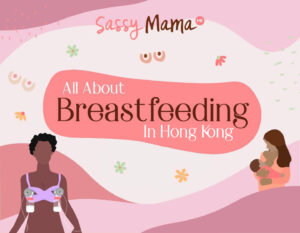

 View All
View All
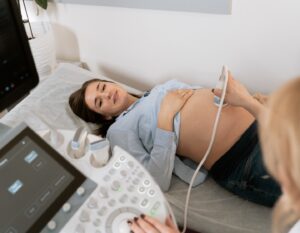

 View All
View All
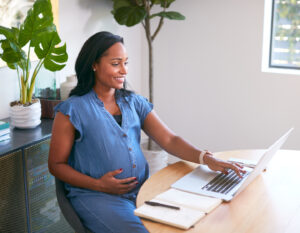
 View All
View All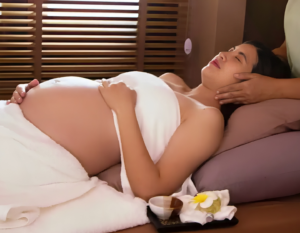


 View All
View All
